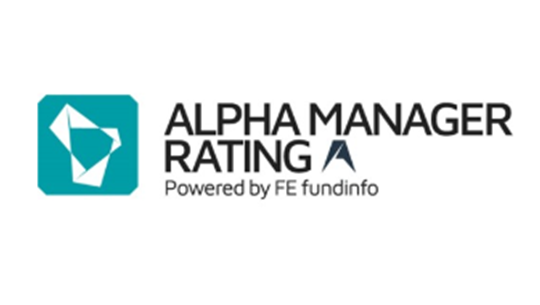Constant regulatory change and ever-stricter obligations on product providers and advisers has become a way of life, but the current rate of change is almost unprecedented, certainly since the introduction of RDR.
We may not have rules in the UK yet that explicitly require sustainability to be taken into consideration during the advice process, but the two manifestations of MiFID II in the FCA’s Handbook in PROD (Product intervention and product governance) and COBS (Conduct of business) certainly require all relevant factors to be taken into account.
Specifically, PROD 3.3 requires providers to understand and assess the compatibility between what products can deliver and potential clients’ needs and risk appetites, and to make sure they continue to be compatible through ongoing product governance.
Linked to that is COBS 9A.2. This places obligations on advisers to obtain the necessary information from a client to be able to give suitable advice, to understand the product or service being recommended and to ensure the two are compatible, only recommending a product or service when it is suitable, especially for the client’s risk tolerance and ability to bear losses.
Consumer Duty
The impending Consumer Duty takes these obligations to a whole new level, with its Principle 12: “A firm must act to deliver good client outcomes for retail customers”. It is supported by three cross-cutting rules, which require everyone in the chain to
- Act in good faith towards retail customers
- Avoid causing foreseeable harm, and;
- Enable and support retail customers to pursue their financial objectives
and to deliver on four outcomes, based on the right products and services, at the right price to provide value to the consumer, to communicate with consumers in a way they can understand, and to provide ongoing consumer support.
All FCA-regulated firms are in-scope of the Consumer Duty, but the obligations on advisers can be boiled down to recommending the right products and services to help consumers achieve their financial goals, at a price that represents good value, avoiding causing foreseeable harm to the client, providing information that the client can be expected to understand, and deliver ongoing support for the duration of the relationship with the client.
On top of consumers getting the right products at the right price, and suitable ongoing treatment, the FCA see all this leading to consumers having greater confidence in the financial services industry, because they will be equipped with the information to help them make effective and properly-informed decisions about their finances.
Sustainability Disclosure Requirements consultation paper
That improvement in trust also features highly in the FCA’s consultation into sustainability disclosures and investment labels. Right at the beginning, the paper says:
“In this Consultation Paper, we are proposing new rules to help consumers … navigate an increasingly complex investment product landscape, protect them from greenwashing, and rebuild trust.
To do this, the FCA proposes three mutually exclusive fund labels, with no hierarchy of “greenness”. Gone are the “not promoted as sustainable” and “responsible” labels from the discussion paper a year earlier, with labels only for funds that have a sustainability objective, and which demonstrate a degree of “intentionality”, rather than just meeting a minimum investment level in sustainable assets.
The proposed labels are:
Sustainable focus - Funds that aim to invest in assets that meet a credible standard of environmental or social sustainability, or align with a sustainability theme
Sustainability improvers - Funds that aim to deliver measurable improvements in the sustainability profile of its assets over time, principally through stewardship and engagement
Sustainability impact - Funds that aim to achieve a pre‑defined, positive and measurable environmental and/or social impact by directing new capital (not on the secondary markets) to projects and activities that offer solutions to environmental or social problems
The qualifications for a label are detailed and challenging, including having credible, rigorous and evidence-based KPIS to measure the progress made.
To make the labels more meaningful, and to clamp down further on possible greenwashing, the FCA intends that only funds that achieve one of these labels will be able to use terms such as “ESG”, “sustainable”, or “any other term which implies that [it] has sustainability characteristics” in its name or marketing.
On the disclosure requirements, there will be three product-level reports – a consumer-facing disclosure for all funds, and pre-contractual disclosures and ongoing sustainability related performance information for funds with a label – and a sustainability entity report for all firms, with additional detail for those firms with labelled funds.
The timetable for these labels and disclosures is:
Consultation closes
Policy statement (PS) due
General anti-greenwashing rule (communication must be clear, fair, not misleading)
Naming, labelling, consumer-consumer facing, pre-contractual disclosures
Ongoing sustainability performance-related disclosures
Entity-level disclosures in the sustainability entity report
25 January 2023
30 June 2023
On publication of PS (30 June 2023)
12 months after PS (30 June 2024)
24 months after PS (30 June 2025)
Largest firms (£50bn+ AUM) 24 months after PS (30 June 2025); over £5bn AUM by 30 June 2026
To find out more about how the new rules will affect advisers and how they can incorporate sustainability factors into their advice process, recordings from our recent roadshow can be found here.







